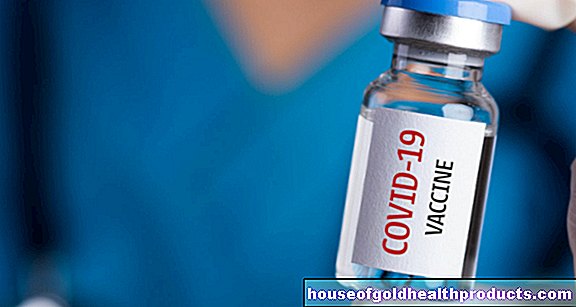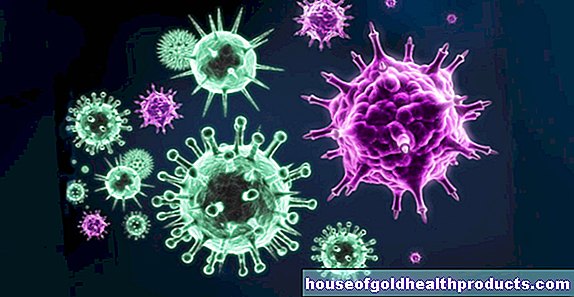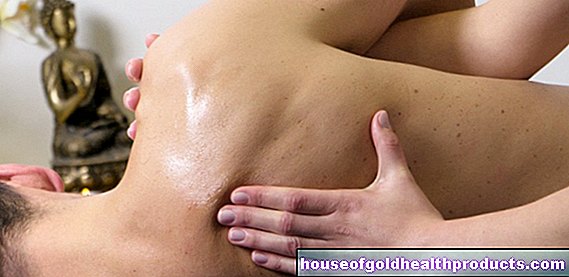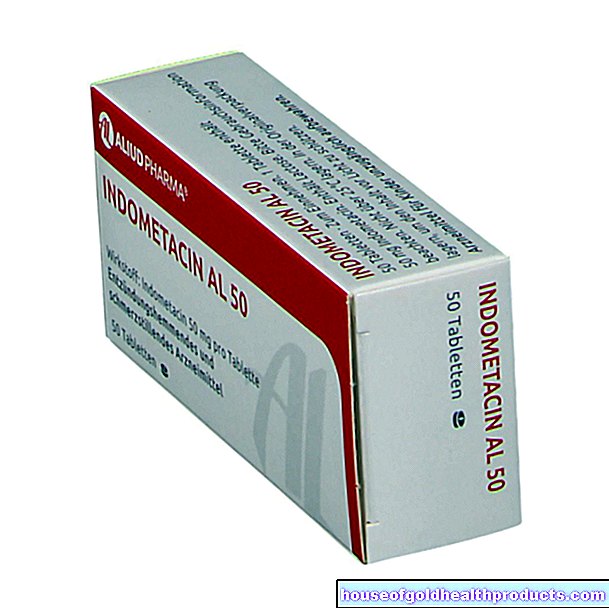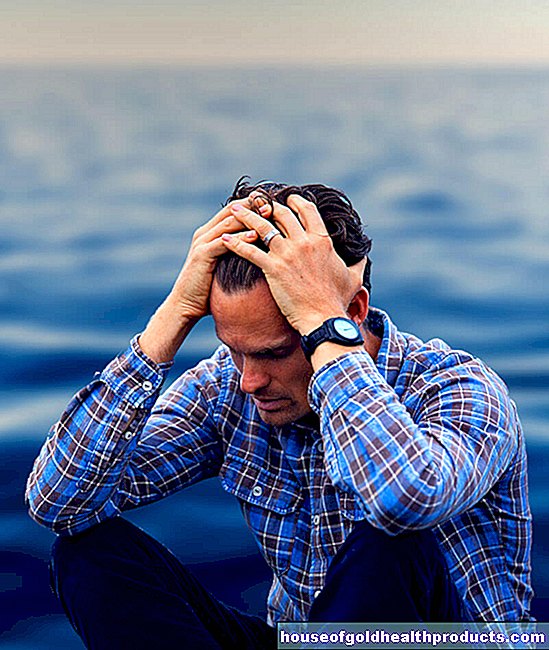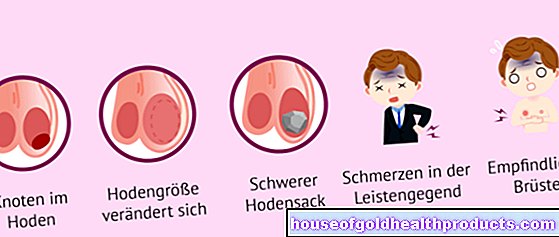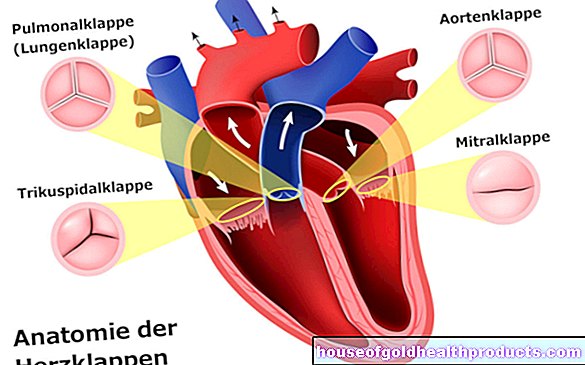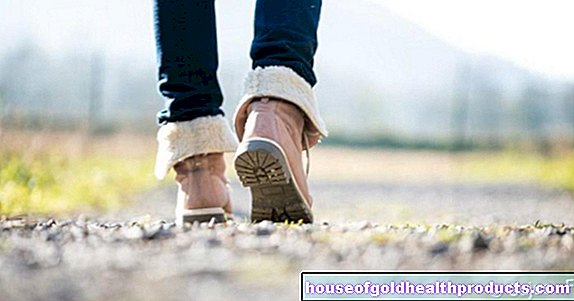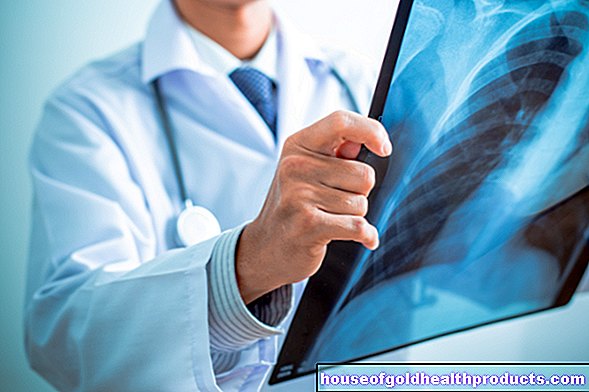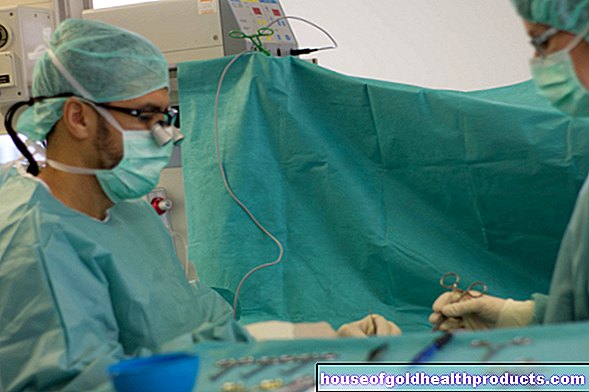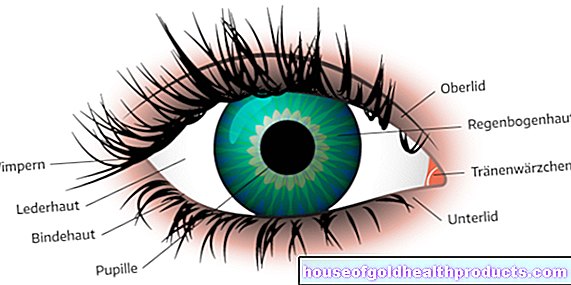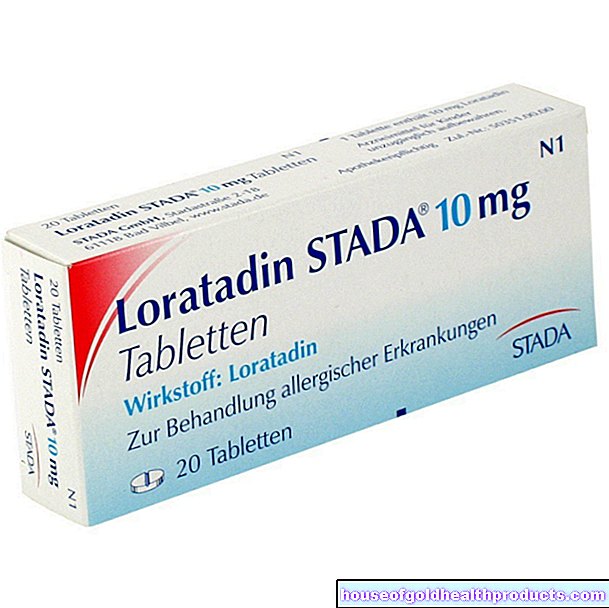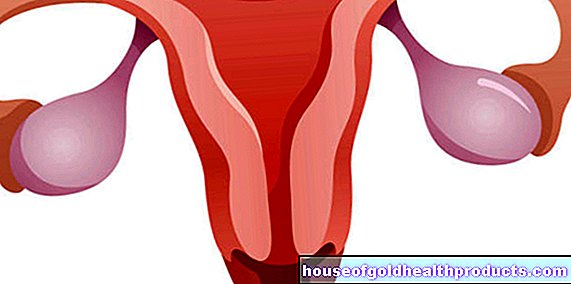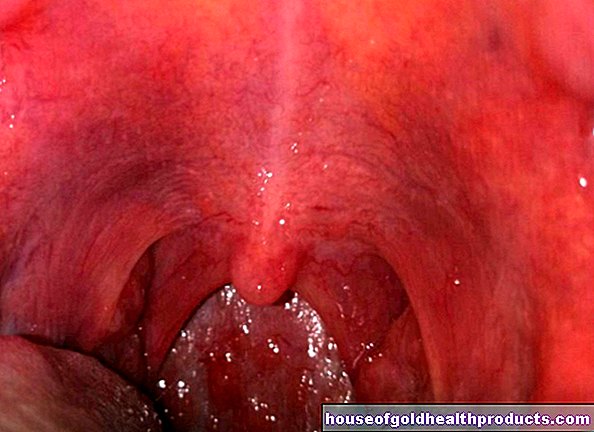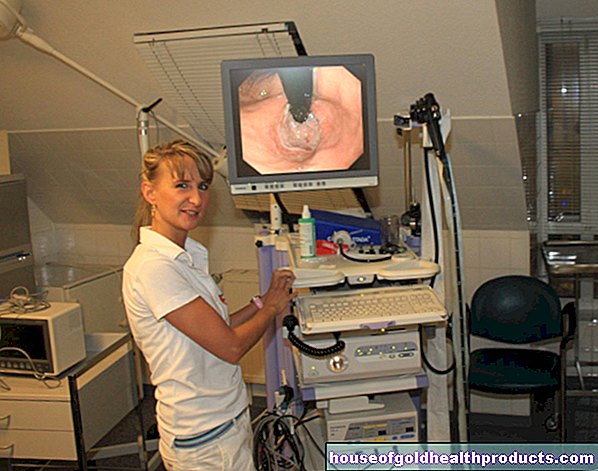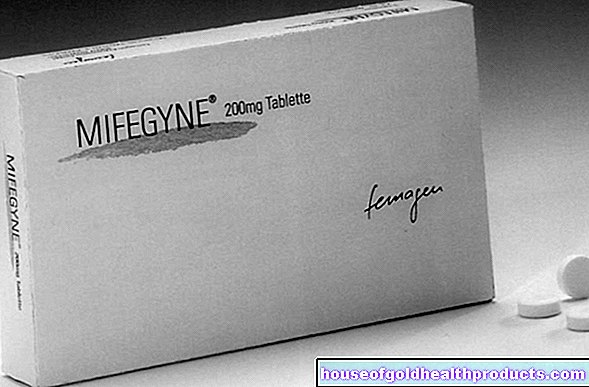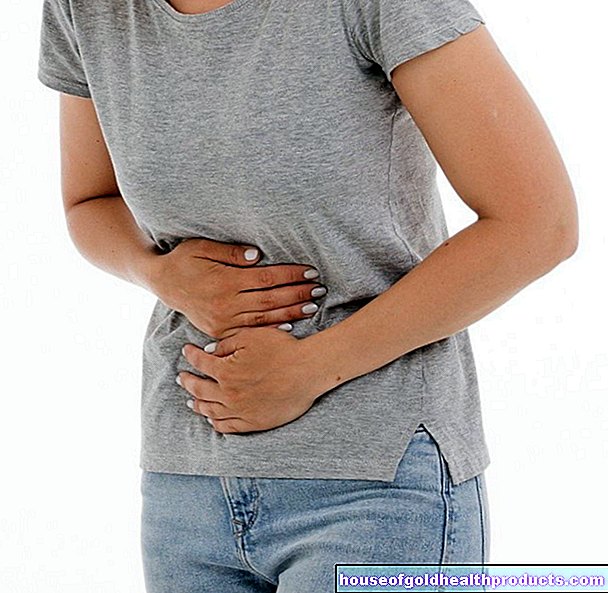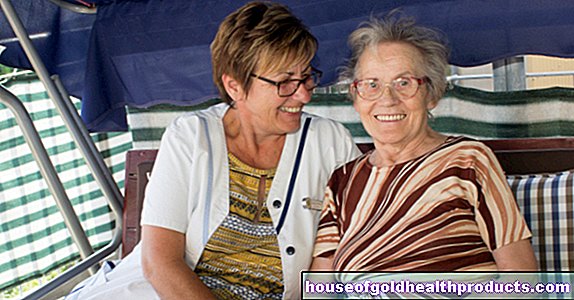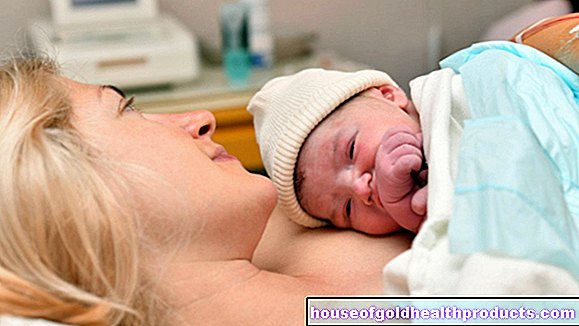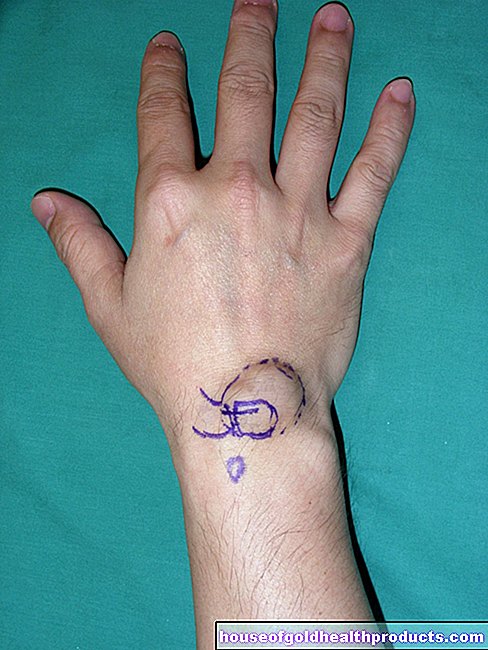Wash your hands properly
Dr. rer. nat. Kathleen Küsel studied biology at the University of Rostock. Her first specialist publication as a scientist at the Borstel Research Center treated bacteria that protect against asthma. Even then, the desire was born to inspire many people with easily understandable texts on medical topics after completing their doctorate as a science and medical journalist.
More about the experts All content is checked by medical journalists.Sick-causing bacteria and viruses lurk everywhere - but you can simply protect yourself: wash your hands. The hands are constantly touching doorknobs, PC keyboards, handrails in buses and trains, banknotes or other hands. This ingests viruses and bacteria that can cause disease. Thorough hand hygiene prevents infection with germs. Read here how to wash your hands properly.
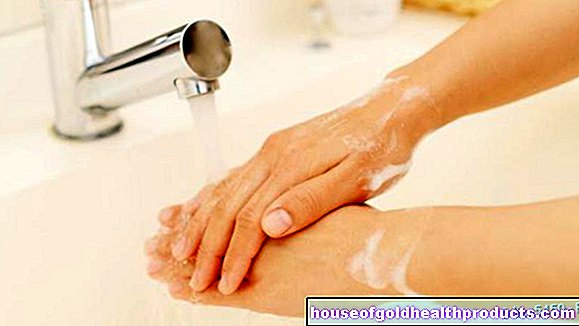
Why is hand washing important?
In 2012, the Federal Center for Health Education (BZgA) had a telephone survey carried out on the subject of hygiene behavior in the population. Just under half of the around 4,500 people questioned thought it likely that you could contract diseases through your own hands. But germs get into the body via the mucous membranes when you rub your eyes or nose with your hands or you ingest them with your mouth while eating.
Hand washing to prevent disease
This so-called self-touch triggers up to 80 percent of all infectious diseases. With a simple measure you can beat the flu, cold, diarrhea and the like: by washing your hands properly and regularly.
Washing Hands: How To Do It Right
However, if you only hold your hands under the tap for a few seconds and do not even distribute the soap properly, you hardly protect yourself against infections. Most actually wash their hands far too short - 64 percent, according to the BZgA survey.
If you really want to reduce the number of germs on your hands, you should invest 20 to 30 seconds in hand washing. That's about the time it takes to sing Happy Birthday all the way through twice. Also, many people only wash the palms of their hands - but you should rub all areas of the hand thoroughly.
Wash hands: Instructions for thorough hand hygiene
Proper hand washing works like this:
- Wet your hands under running water, you choose the temperature yourself.
- Use enough soap and distribute it thoroughly. First, scrub the palms of the hands and the back of the hand. If you intertwine your fingers in the process, you also clean the spaces between the fingers at the same time. Don't forget your fingertips, fingernails and thumbs. A pH-neutral soap is best, as it is gentle on the skin's protective acid mantle. In public toilets you should use liquid soap instead of bars of soap whenever possible - this is more hygienic. Antibacterial agents in the soap and the water temperature, on the other hand, do not affect the number of germs.
- Rinse your hands under running water.
- Dry your hands thoroughly; no area should be damp anymore.
When washing your hands in public washrooms, it is best to turn off the tap with your elbow and use disposable towels. How to keep your freshly cleaned hands clean. Change towels in your own household regularly and wash them at 60 degrees.
When should you wash your hands?
Thorough hand washing is especially important after potential contact with pathogens. For example after going to the toilet after sneezing or coughing, after changing your child's diaper, after contact with animals or sick people and after contact with waste or raw meat.
To protect yourself and others, you should also wash your hands before cooking, before handling cosmetics and medicines, and before treating wounds or handling the sick in general.
Wash and disinfect your hands?
Doctors and nurses not only have to wash their hands but also disinfect them. This is the only way to prevent life-threatening hospital germs from being transmitted. Many people now use disinfectants at home as standard. But is that really necessary?
Scientific studies show that washing your hands properly in everyday life provides adequate protection against bacteria and viruses. Disinfectants do not bring any additional benefit - on the contrary, they can irritate the skin or trigger allergies.
When are disinfectants useful?
In exceptional cases, however, you should also use disinfectants in your private life in addition to washing your hands normally. For example, if you are caring for people with weak immune systems at home and want to protect them from infection. You can also disinfect your hands if someone in the household is highly contagious and no other people should become ill. In the case of severe diarrhea, disinfecting surfaces such as the toilet, fittings and door handles reduces the risk of infection for others.
Tags: toadstool poison plants magazine news
